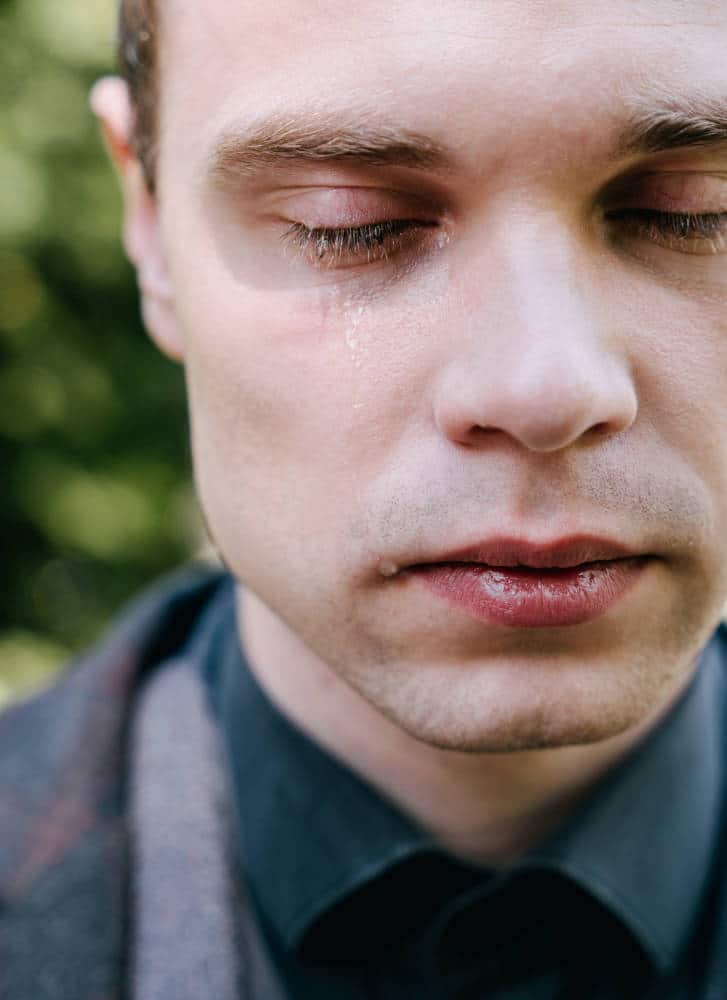
The word ‘death’ is considered quite taboo in some spaces, so much so that there are individuals and even whole families that do not like to bring up this subject or else have struggled to face the grieving process. Death poses overnight and long-term challenges for the individuals and families involved. The grieving process has no one-size-fits-all and there is no ordinary timetable or sequence that one needs to follow for significant losses in someone’s life to be resolved.
Resilience in the face of loss does not mean obtaining closure swiftly, thus enabling you to bounce back into everyday routine in no time. On the contrary, we should respect the fact that a grieving process and the subsequent recovery need time. Healing in general requires time. Sometimes, even when you think that you have healed completely, there are going to be instances where unexpected outbursts of sadness might re-occur.
We must also remember that death means a life has ended but not its relationships: meaning that the grief processes involve a transformation of those relationships from a physical presence to continuing bonds through spiritual and religious connections, memories and stories that are passed down through generations.
I can attest this claim from my own personal experience. My late father lost his father when he was only 15 years of age. The stories and emotional involvement that my father had with his primary cargiver were passed on to the following generation. I have never known my grandfather, but the way he is vividly described by both my immediate and extended family alike, it is as if I have known him on a personal level and I somehow feel that I have a close bond with him.
The passing away of a family member is a profound loss for the entire family, affecting everyone involved as a functional unit. A death in the family involves multiple losses with regards the numerous relationships and functional roles, the family unit, and the hopes and dreams that might have been. Death can disrupt a family’s functional equilibrium.
As elaborated by clinical researcher Bowen in 1978, the intensity of the emotional reaction is influenced by the family integration at the time of the loss and by the significance of the lost member. The emotional shock waves ripple throughout an entire family network. On the other hand, one cannot forget that there are families that experience a significant relief when their family members pass away.

Here are some tips that can support you in the process:
- Create a safe space where you can talk and express your thoughts and feelings
- Discuss what happened and the way this situation has impacted you
- Talk about the funeral and memorial service
- Talk about what happened since the death. How have things changed both in a positive or negative way?
- In the past, you might have already experienced similarly difficult situations. Go back to your coping skills that you employed during past crises. Rely on past resources during bereavement.
- Affirm your abilities to survive losses
- Talk to someone you trust about your relationship with the deceased
- Acknowledge that both pain and a sense of relief are normal depending on your relationship with the deceased
- Give yourself permission to cry or permission to feel relieved
- Have patience with others who might not understand your feelings
- It is alright to set limits with others and to say no when appropriate
- It is OK to feel joy and hope, and also to engage in new relationships. These do not show that you are disloyal to the person who has died.
- I would encourage you to use symbols, photos, audio, video tapes, articles of clothing or jewellery, or a collection that was special to the deceased.
- Write letters.
- Keep a journal about the experience and thoughts of the deceased, use artwork, memory books, memory boxes and the like to express your feelings of grief.
References
- Bowen, M. (1978). Family therapy in clinical practice. NewYork, NY: Aronson
- Stroebe, M., Schut, H., & Boerner, K. (2010). Continuing bonds in adaptation to bereavement: Toward theoretical integration. Clinical Psychology Review,30, 259–268
- Walsh, F. (2003). Family resilience: A framework for clinical practice. Family Process,42(1), 1–18






